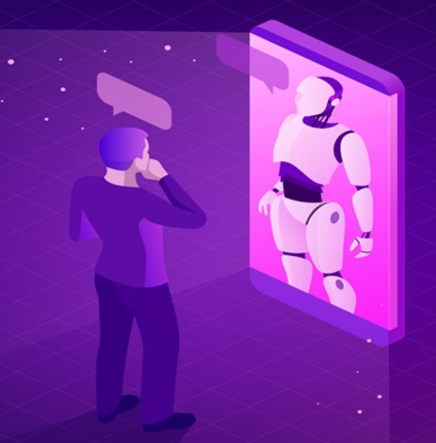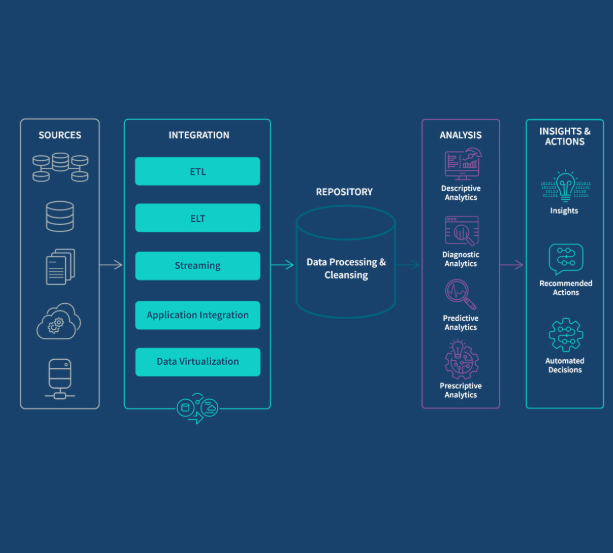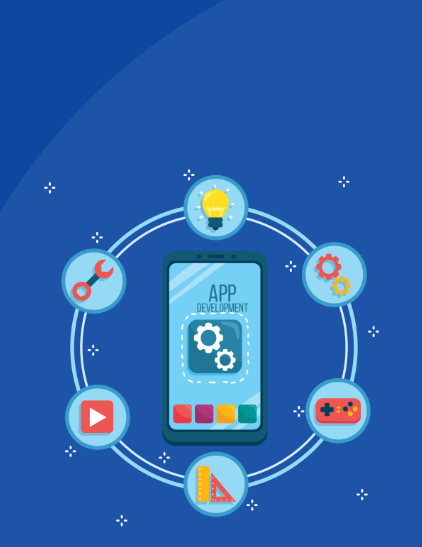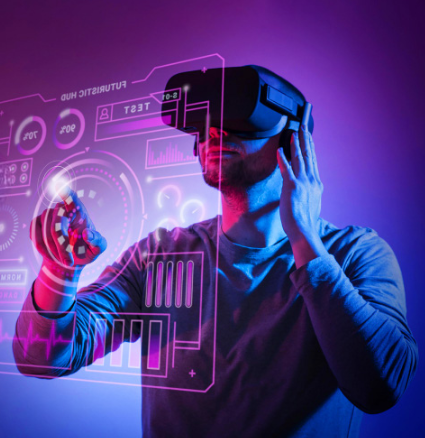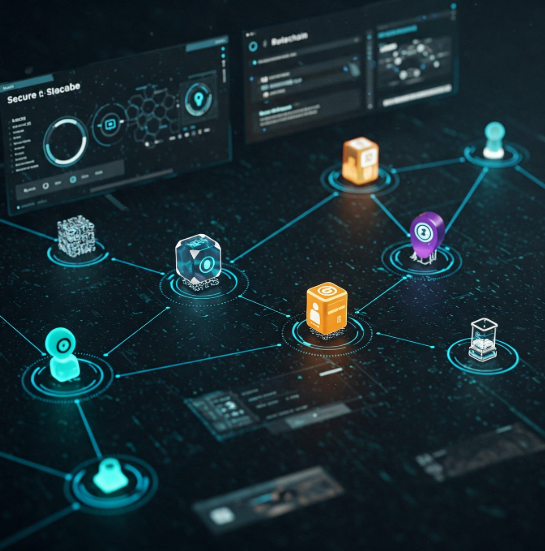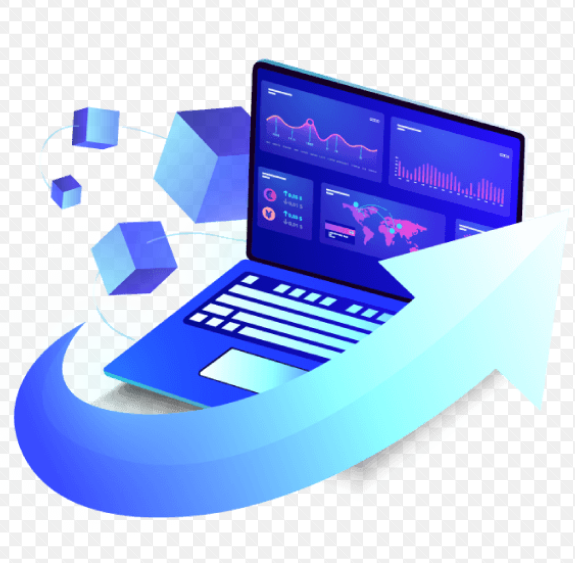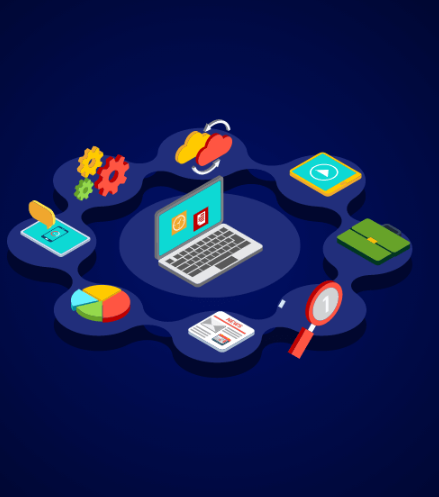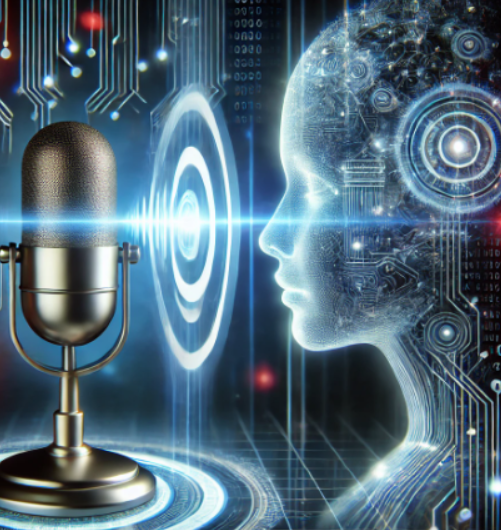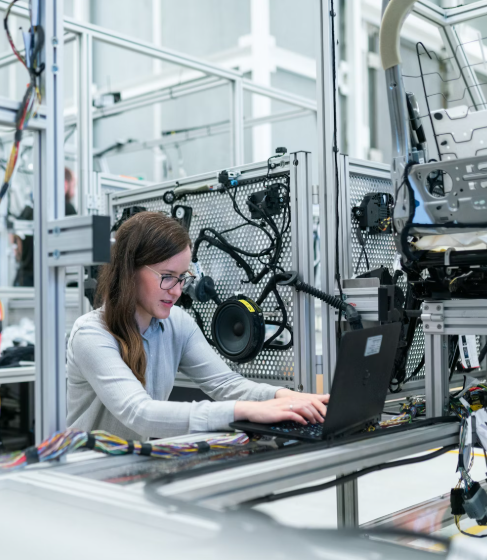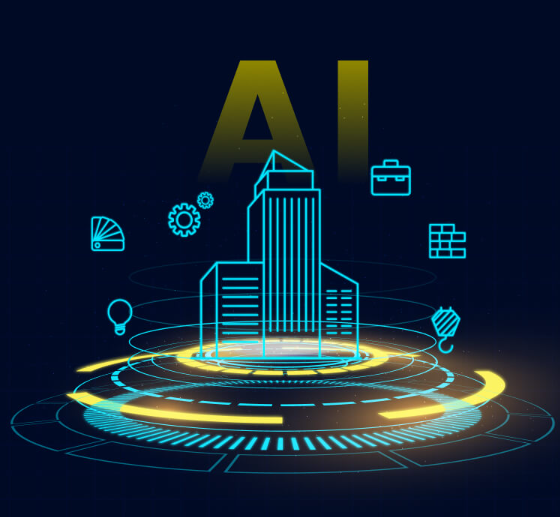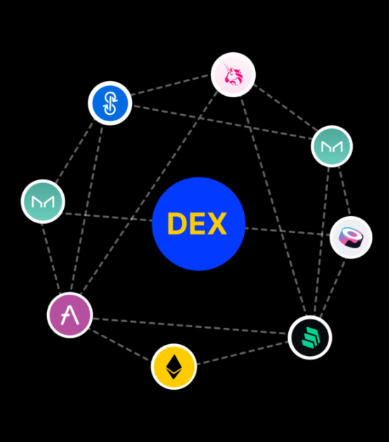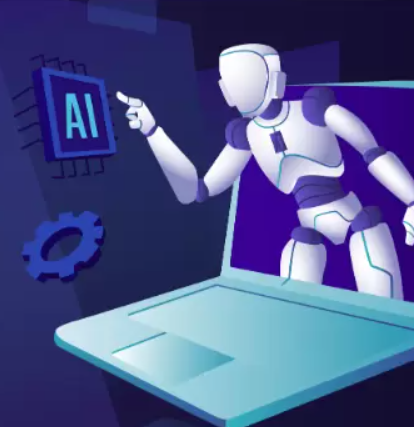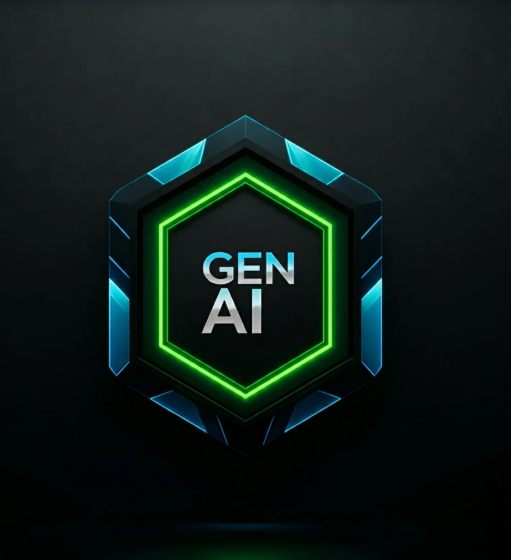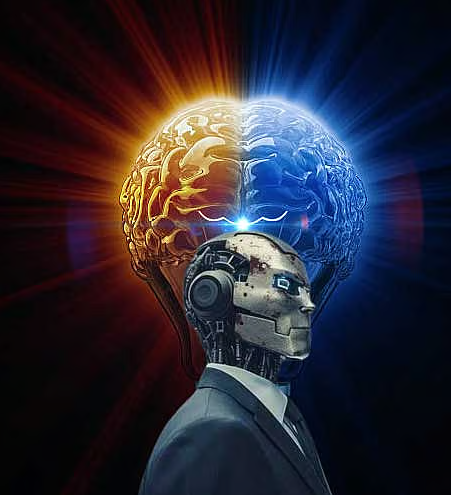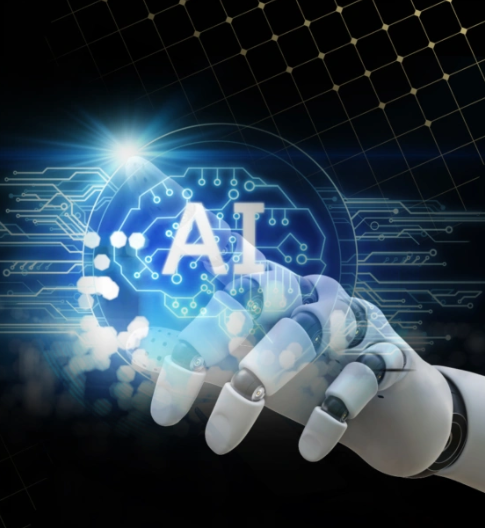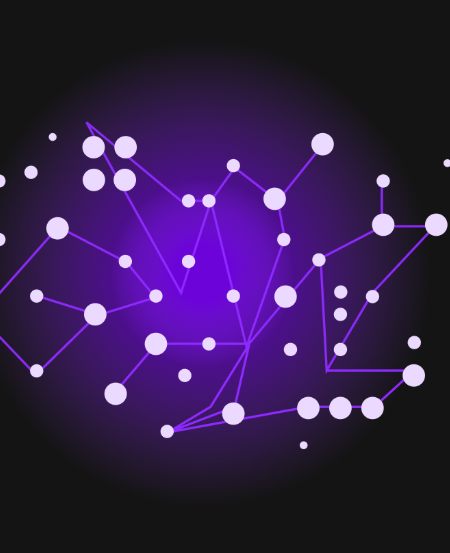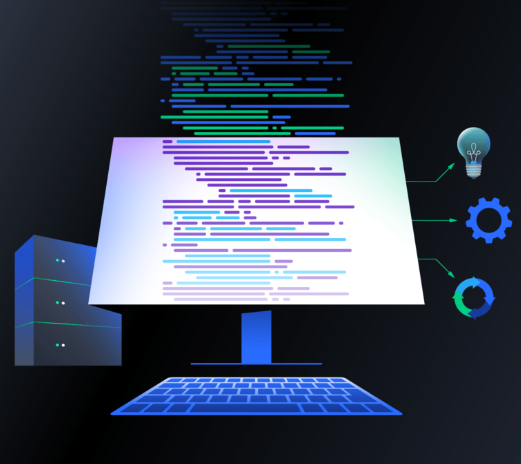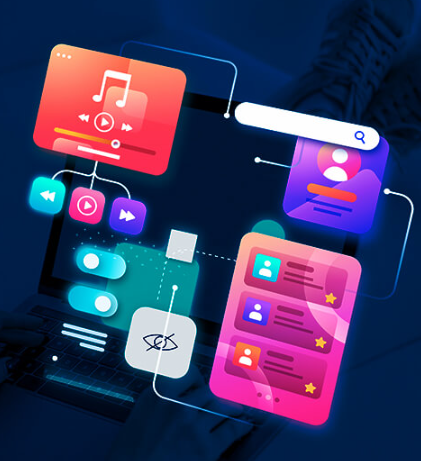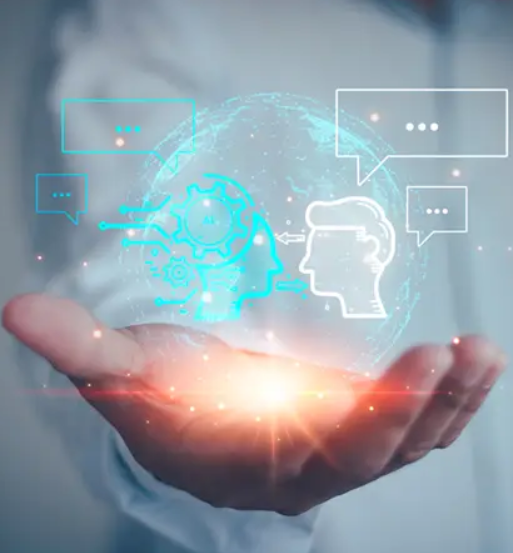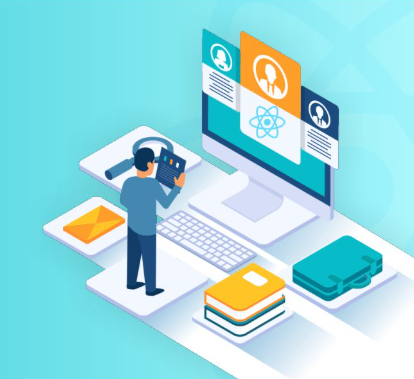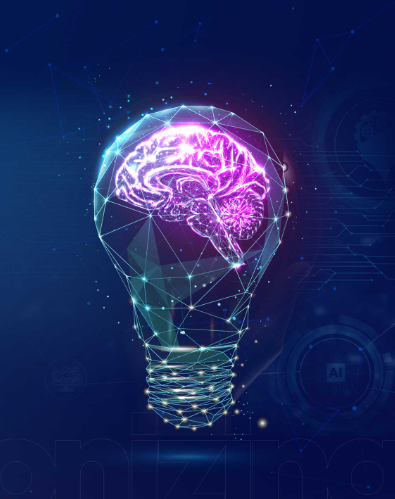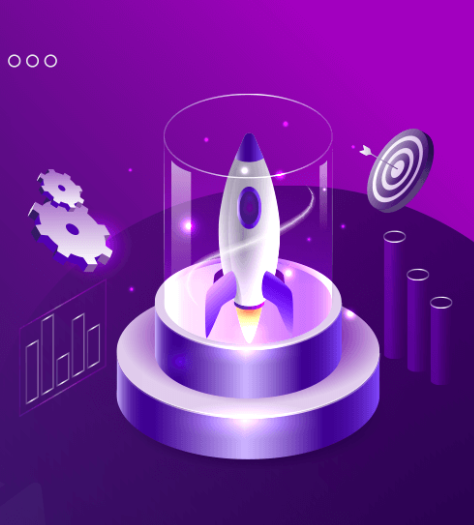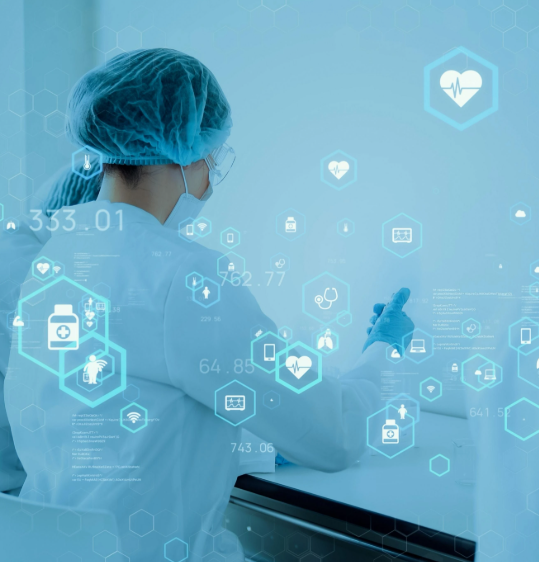
The healthcare industry is undergoing a significant transformation with the integration of machine learning (ML) technologies. This innovative approach is revolutionizing how healthcare professionals diagnose diseases, manage patient care, and streamline operations. Machine learning, which involves systems that learn from data and improve their performance over time, is now playing an essential role in shaping the future of healthcare.
What is Machine Learning in Healthcare?
Machine learning in healthcare refers to the application of algorithms that analyze vast amounts of medical data, recognize patterns, and make predictions that help in decision-making processes. Rather than relying on explicit instructions, these systems learn from the data they process and adapt to provide increasingly accurate insights. In healthcare, where data such as patient records and medical imaging are abundant, machine learning is proving to be a powerful tool for improving diagnostics, patient care, and operational efficiency.
Benefits of Machine Learning in Healthcare
The potential benefits of machine learning in healthcare are vast. By enabling real-time data analysis, automating routine tasks, and improving diagnostic accuracy, ML is helping healthcare organizations deliver better care while reducing operational costs. Here are some key advantages:
- Real-Time Data Analysis
Wearable sensors and smart medical devices are integral in capturing real-time patient data. Machine learning algorithms process this data quickly, enabling healthcare providers to identify health abnormalities as they occur. For instance, in neonatal intensive care units, ML can detect early signs of complications in premature infants, allowing for swift medical intervention. - Cost Reduction and Efficiency
By automating administrative and clinical tasks such as billing, appointment scheduling, and inventory management, ML helps healthcare facilities reduce costs and improve operational efficiency. For example, using natural language processing (NLP) to transcribe physician notes or manage medical records saves time and ensures accuracy. - Improved Diagnostic Precision
Machine learning excels at analyzing complex data sets, such as medical images and lab results, to detect conditions that may otherwise go unnoticed. AI tools, for example, have demonstrated the ability to diagnose diabetic retinopathy and other conditions earlier than traditional methods. - Enhanced Clinical Decision-Making
ML models analyze patient histories, treatment responses, and genetic data to assist healthcare providers in making more informed decisions. Predictive analytics can, for example, help hospitals forecast patient readmission risks, allowing for personalized care plans that improve patient outcomes.
Applications of Machine Learning in Healthcare
Machine learning is increasingly being utilized across various sectors of healthcare, from diagnostics to drug development. Here are several impactful applications:
- Advanced Diagnostics and Risk Stratification
ML tools can analyze large datasets to identify subtle patterns in patient health data, allowing healthcare professionals to assess risk and intervene early. For instance, Google’s DeepMind Health uses eye scans to detect early signs of diseases like diabetic retinopathy, enabling doctors to provide timely care. - Faster Drug Development
Developing new drugs is a long and costly process. Machine learning accelerates this by predicting molecular interactions and potential side effects, thereby reducing the time needed to bring new drugs to market. Companies like Atomwise are using deep learning to identify promising drug candidates more efficiently. - Public Health Monitoring
ML can track disease outbreaks and predict their spread by analyzing patterns in mobility, climate, and population health data. A notable example is BlueDot, which used AI to predict the COVID-19 outbreak before it made international headlines. - Improved Medical Documentation
Managing medical records can be cumbersome and prone to errors. With the help of natural language processing and AI-driven assistants, healthcare professionals can create accurate clinical documentation with less effort. Tools like Suki’s AI assistant allow physicians to dictate notes, which are then automatically structured and entered into records. - Better Medical Imaging
Machine learning is enhancing the interpretation of medical images, such as CT scans and MRIs. By training models on annotated datasets, AI can detect minute anomalies, such as early-stage tumors, with greater accuracy than human radiologists. This helps in preventing delays in diagnosis and improving patient outcomes. - Virtual Health Assistants
AI-powered virtual assistants can offer 24/7 patient support, from answering questions to reminding patients about medications. These systems continuously adapt to patient needs, ensuring more consistent care and reducing the frequency of in-person visits. - Robotic Surgery Assistance
Machine learning is improving robotic surgical systems, which assist surgeons in performing complex procedures with higher precision. The da Vinci Surgical System, for example, leverages machine learning to refine surgical techniques, shorten recovery times, and minimize complications. - Personalized Health Coaching
Machine learning algorithms can help monitor and modify behavior, encouraging healthier habits. Apps like Noom use AI to guide users toward better dietary choices and exercise routines, ultimately contributing to the prevention of chronic conditions like obesity and diabetes.
Overcoming Challenges in Machine Learning Implementation
While machine learning holds immense promise, there are several challenges that need to be addressed for it to realize its full potential in healthcare:
- Bias in Algorithms
Machine learning models are only as good as the data they are trained on. If training data is unrepresentative or biased, the model’s predictions can lead to poor outcomes, particularly for underrepresented groups. Ensuring diverse, high-quality datasets is crucial to avoid such pitfalls. - Data Accessibility and Privacy Issues
Healthcare data is often fragmented and difficult to access, which can hinder the development of effective ML models. Additionally, the sensitivity of patient data raises significant privacy and security concerns. It is essential for healthcare organizations to adopt strict data protection protocols and comply with regulations such as HIPAA. - Lack of Integration and Expertise
Integrating machine learning solutions into existing healthcare systems can be challenging without proper planning. Many healthcare organizations lack the technical expertise needed to implement ML effectively. Cross-disciplinary teams consisting of both healthcare professionals and data scientists can help bridge this gap.
The Future of Machine Learning in Healthcare
The future of machine learning in healthcare looks promising. As the technology continues to evolve, it will play an even more significant role in predicting diseases, personalizing treatment plans, and improving overall healthcare delivery. Collaborations between ML and other fields, such as nanotechnology, may further enhance treatment methods, such as more targeted drug delivery and the development of virtual biopsies.
Machine learning’s ability to analyze large volumes of data, recognize patterns, and predict patient outcomes will continue to revolutionize healthcare. With advancements in AI and machine learning, healthcare providers will be able to offer more precise, effective, and timely care, ultimately improving patient outcomes and reducing healthcare costs.
As machine learning continues to evolve, its applications in healthcare will become even more integral, shaping a healthier future for all.





